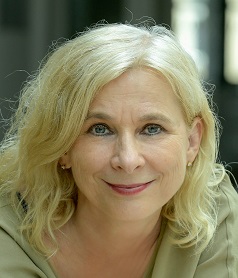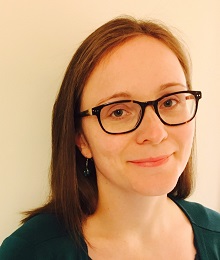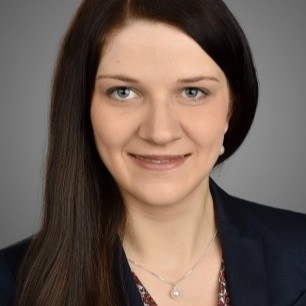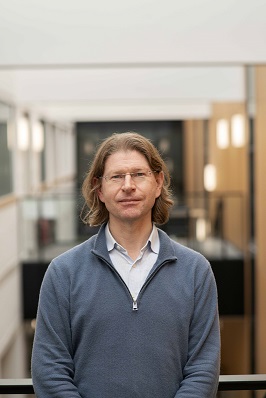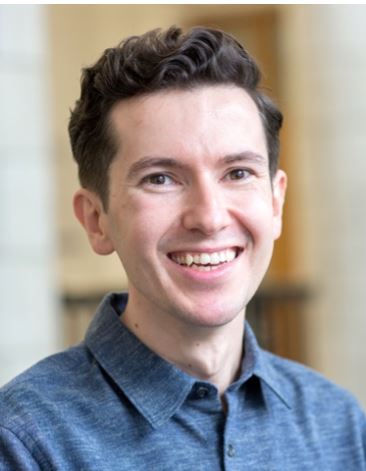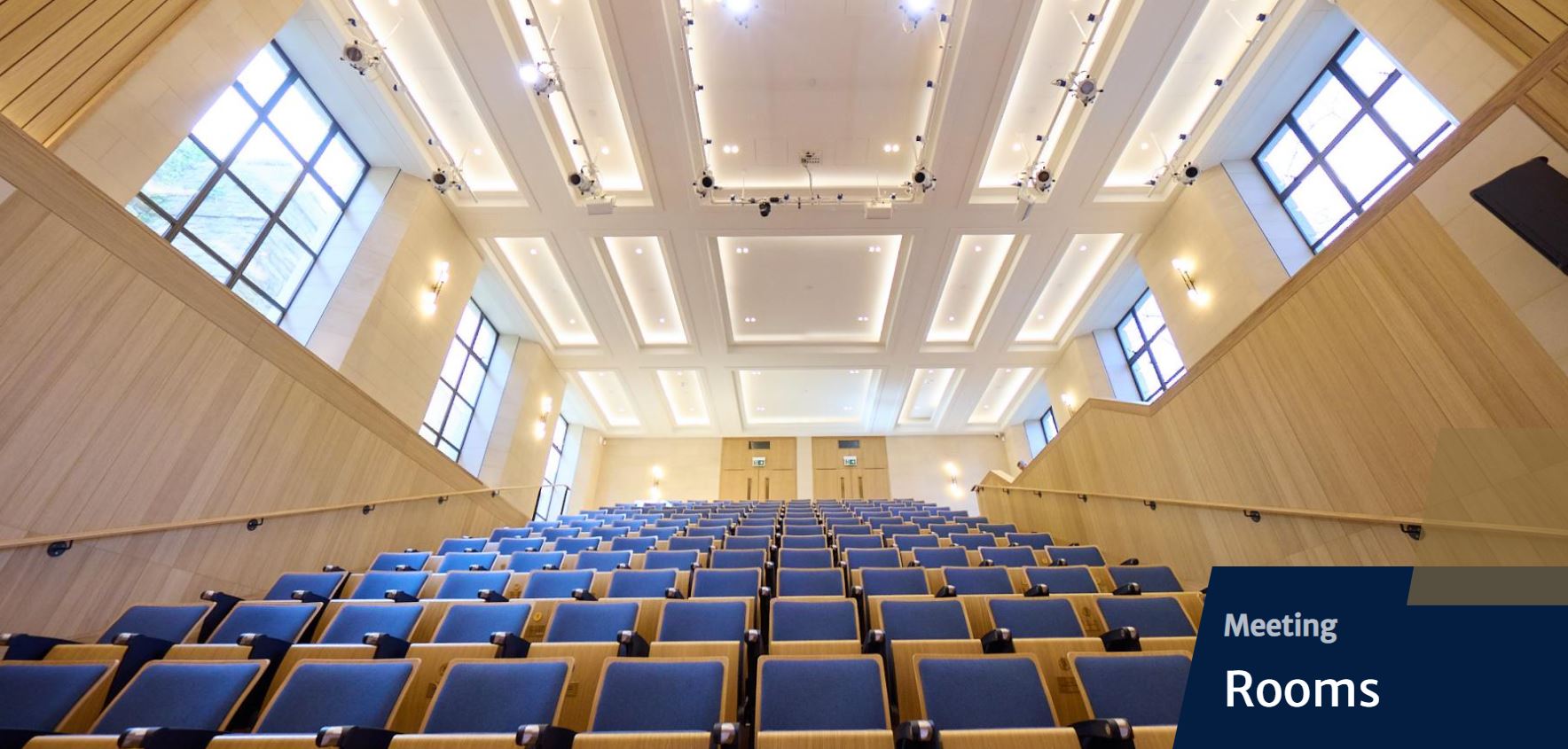Welcome
Join us in Oxford in September 2024 for this addition to our Faraday Discussion series. With over a century of history and more than 300 meetings, Faraday Discussions have been at the forefront of the physical sciences and many Discussions have become landmark meetings in their field.This Discussion will focus on the increasingly central role of big data, machine learning, and artificial intelligence in the chemical sciences. We aim to critically discuss these topics, and to explore the question how data can enable new discoveries in chemistry, now and in the future.
We are particularly aiming to bring together different communities within chemistry – materials and molecular, in both academic and industrial research. The meeting sessions will combine different viewpoints and strive to foster new connections, ideas, and research directions.
On behalf of our committee, we very much look forward to welcoming you to Oxford.
Volker Deringer and Fernanda Duarte
Committee Co-Chairs
Why attend?
Find out more about Faraday Discussions in the video and FAQ – see useful links above.A unique conference format that prioritises discussion
At a Faraday Discussion, the primary research papers written by the speakers are distributed to all participants before the meeting – ensuring that most of the meeting is devoted to discussing the latest research.
This provides a genuinely collaborative environment, where discussion and debate are at the foreground. All delegates, not just speakers, are invited to make comments, ask questions, or present complementary or contradictory measurements and calculations.
An exciting programme of talks – and more
Take part in a well-balanced mix of talks, discussion, poster sessions and informal networking, delivered by our expert events team. You can explore the full programme in the downloadable files above – whether you’re attending in-person or online, every minute provides an opportunity.
The conference dinner, included in the registration fee, contains the Marlow Cup ceremony: a unique commemoration of past Faraday Discussion organisers that is sure to encourage further discussions over dinner.
In-depth discussion with leaders in the field
World-leading and established researchers connect with each other and early-career scientists and postgraduate students to discuss the latest research and drive science forwards. It’s a unique atmosphere – and challenging others to get to the heart of the problem is encouraged!
Your contributions, published and citable
A citable record of the discussion is published in the Faraday Discussions journal, alongside the research papers. Questions, comments and remarks become a valuable part of the published scientific conversation, and every delegate can make a major contribution.
Discover Oxford
The Discussion will take place at Trinity College, University of Oxford, in the centre of Oxford and its historic attractions. Step out to explore this University city while you’re here – or stay a few extra days to explore the city and the surrounding area.
Themes
The Discussion will involve four central themes – each focused on different aspects of chemical "discovery", and each aiming to promote the exchange of ideas between the molecular and materials communities:Discovering chemical structure
Data-driven modelling of chemical structure, including the development of accurate interatomic potentials, data-driven structure prediction, generative models for molecules, and related themes.
Discovering structure–property correlations
The role of data-driven techniques in establishing structure–property correlations. This session will focus on the “learning” of relevant properties and the development of predictive and explainable AI approaches for chemistry.
Discovering trends in big data
Progress and challenges in molecular and materials representations, data generation, handling, and sharing. This session will also consider how open data (e.g., findable, accessible, interoperable, and re-usable, FAIR) principles can be efficiently and practically implemented in the chemical sciences
Discovering synthesis targets
Data-driven approaches to translate computational predictions into the identification and realisation of new synthesis targets. Understanding the potential and limitations of AI to optimise reactions, predict reaction scope, and potential synthesisability.




